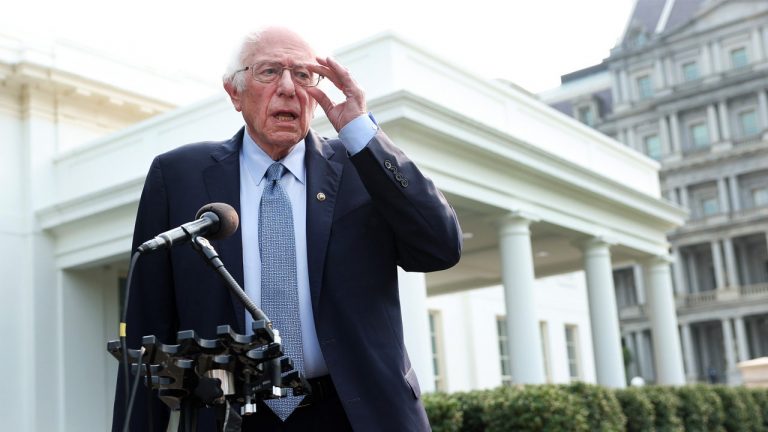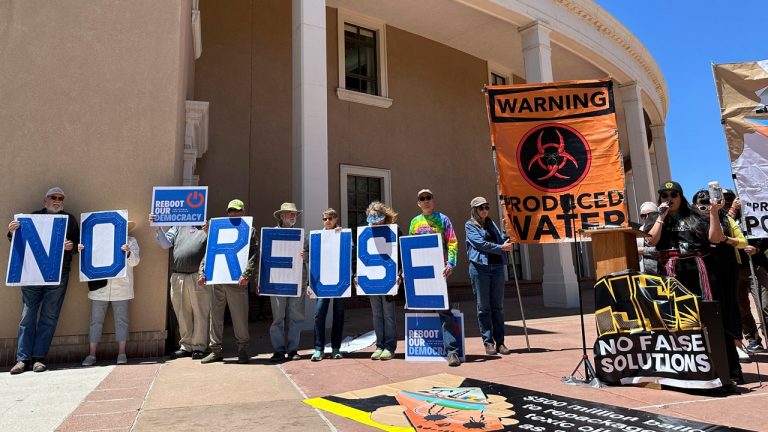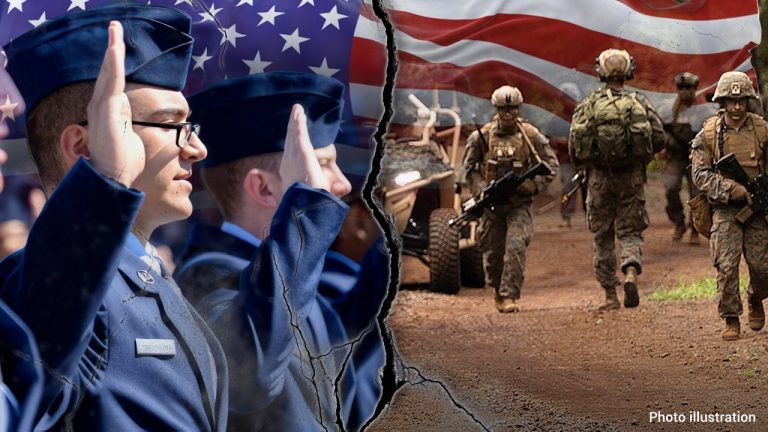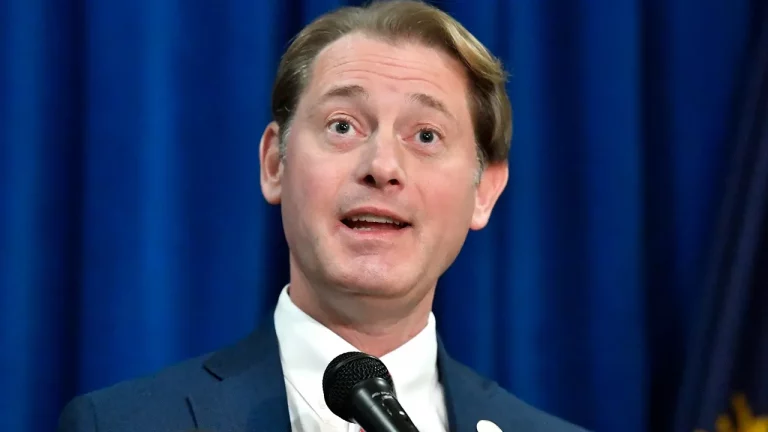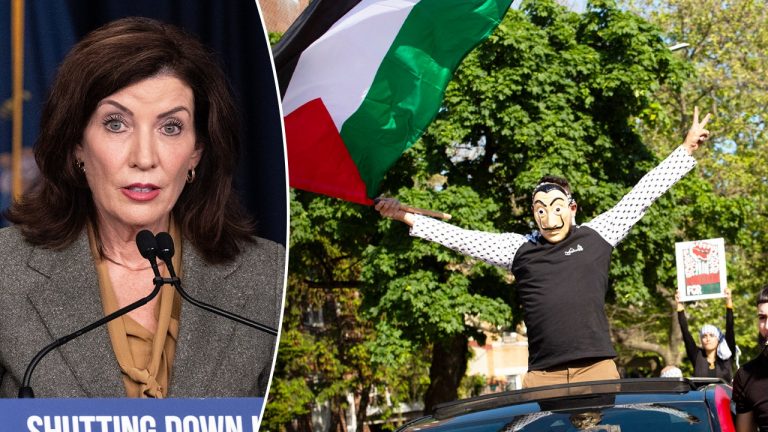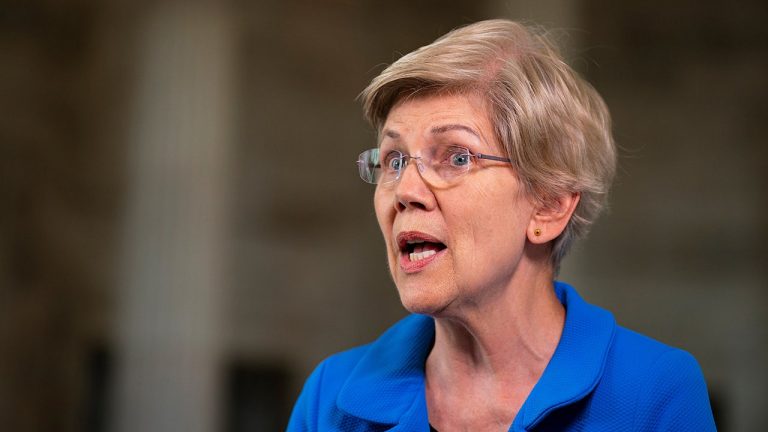Trump tries to cancel Manhattan court case after Supreme Court decision on immunity.
Former President Trump made a bold move on Monday by seeking to overturn his criminal conviction in the Manhattan case. This decision came after the U.S. Supreme Court ruled that a former president has substantial immunity for official acts carried out while in office.
In a significant 6-3 decision, the court narrowed the case against Trump and sent it back to the trial court to determine the remaining charges from special counsel Jack Smith’s indictment.
Manhattan District Attorney Alvin Bragg had brought forth charges against the former president in May, accusing him of 34 counts of falsifying business records in the first degree. Trump, however, pleaded not guilty to all the charges in the Manhattan case.
Immediately following the Supreme Court’s ruling, Trump’s legal team wasted no time and filed a motion to dismiss the verdict. The motion was aimed at overturning the jury’s decision in the Manhattan case.
The lawyers representing Trump requested permission to file a motion to vacate the jury’s verdict, asked for a delay in the scheduled July 11 sentencing, and highlighted that certain evidence admitted during the trial should not have been included, citing the Supreme Court’s recent decision as grounds for their argument.
It is important to note that in New York, defendants are required to seek permission from the judge presiding over the case before filing a motion.
This latest development in the legal battle surrounding former President Trump’s criminal conviction has sparked a wave of discussions and debates. The implications of the Supreme Court’s ruling on presidential immunity have reignited debates on the limitations of prosecuting a former president for actions taken while in office.
The decision to grant immunity to former presidents for acts performed during their tenure has raised concerns and questions about accountability, transparency, and the rule of law. Critics argue that allowing such immunity could potentially shield past presidents from facing consequences for any wrongdoing, thereby undermining the principles of justice and equality before the law.
On the other hand, supporters of the Supreme Court’s ruling view it as a necessary measure to protect the executive branch from potential abuses of power and politically motivated legal actions. They argue that without such immunity, former presidents could face constant legal challenges and harassment, hindering their ability to effectively carry out their duties and responsibilities.
As the legal proceedings in the Manhattan case continue to unfold, all eyes are on the trial court’s decision regarding the remaining charges against Trump. The outcome of this case is likely to have far-reaching implications not only for the former president but also for future interpretations of presidential immunity and accountability.
Regardless of one’s political affiliation or personal views on the matter, the ongoing legal battle involving former President Trump serves as a critical reminder of the complexities and challenges inherent in the intersection of law, politics, and power.
As the case progresses, it will be crucial to closely monitor the developments and implications of the court’s decisions, especially in light of the broader debates surrounding presidential immunity and accountability.
Ultimately, the outcome of this legal battle will not only shape the future trajectory of the Manhattan case but also leave a lasting impact on the broader legal and political landscape of the United States.



